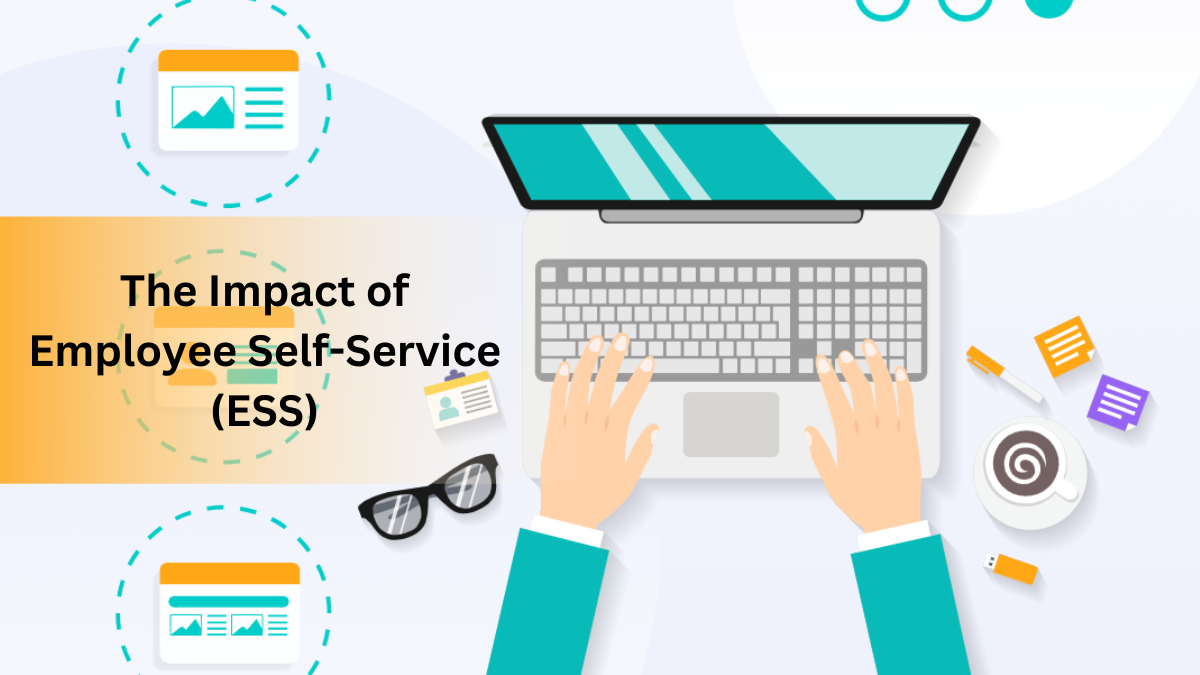Employee Self-Service (ESS) is becoming an increasingly popular system for organizations across various industries. The system allows employees to access their personal information and manage work-related tasks through an online portal, eliminating the need for manual paperwork and reducing the administrative load on HR and management. Employee Self-Service (ESS) has gained even more momentum in recent years due to the increasing shift to technology and the growing need for organizations to streamline their operations.
Has your organization implemented an Employee Self-Service (ESS) portal yet?
If not, in this whitepaper, we’ll cover what ESS is, why it is important, and how it benefits both employees and organizations.
WHAT IS EMPLOYEE SELF-SERVICE (ESS)?
Employee Self-Service, or ESS, is an online portal that allows employees to access and manage their personal information, such as their contact details, job descriptions, salary slips, tax forms, time off balances, and other work-related information. This system can also allow employees to update their personal information and make requests, such as requesting leave, training, or assets.
ESS can be accessed through a desktop or mobile application, making it easy for employees to access their information from anywhere, at any time. This system eliminates the need for employees to contact HR or their line managers for basic information or requests, freeing up their time and reducing the workload for HR and management.
Please fill out the form to access the content
Resource Sponsored By


